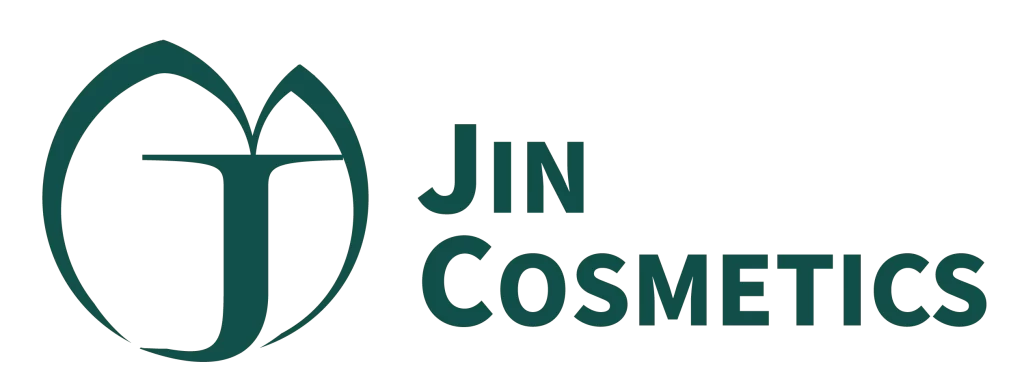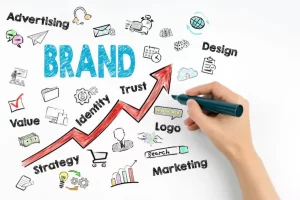The $580 billion beauty industry is undergoing a seismic shift. While traditional retailers struggle with 2-3% annual growth, indie brands like Dieux and Youthforia achieve 300% YoY expansion. This isn’t luck – it’s the direct result of ownership economics. After three decades as a cosmetic OEM partner, we’ve witnessed a critical pattern: distributors who transition to brand builders secure 4-7X higher valuations. The era of reselling commoditized products is ending. Here’s why creating your own brand is the most powerful business decision you can make today.
- Profit Engineering: Margin Alchemy
The Financial Reckoning
Compare two scenarios for a $45 retail serum:
Wholesale Model (Reselling Existing Brands)
- Your cost: $22.50 (50% discount from brand)
- Marketing: $9 (20% of retail)
- Platform fees: $4.50 (10%)
- Net Profit: $9 (20%)
Own-Brand Economics
- Manufacturing cost: $6.80 (15% of retail)
- Packaging: $3.60 (8%)
- Marketing: $9 (20%)
- Platform fees: $4.50 (10%)
- Net Profit: $21.10 (47%)
Advantage: Full pricing autonomy, proprietary formulations
The Low MOQ Revolution
Traditional factories required $50k+ orders – a death sentence for innovation. Modern low MOQ skincare manufacturers enable:
Risk-Managed Scaling
- Phase 1: Produce 3 hero SKUs in small batches
- Phase 2: Validate via pre-orders & pop-up events
- Phase 3: Reorder winners, discontinue underperformers
- Phase 4: Expand into complementary categories
- The Values Economy: Where Ethics Meet Economics
The Conscious Consumer Revolution
Recent data reveals:
- 73% of Gen Z will pay 15-20% premium for sustainable brands (McKinsey 2024)
- Clean beauty grows 3X faster than conventional (NPD Group)
- 68% of consumers check packaging sustainability before buying
Building Trust Through Transparency
Mass brands hide behind vague claims like “natural-inspired.” Your brand can implement:
Radical Ingredient Traceability
- Third-Party Certifications: COSMOS Organic, Leaping Bunny
- Negative Space Labeling: “Free From” lists longer than ingredients
Carbon-Neutral Operations
- Production: Solar-powered facilities with water recycling
- Shipping: Sea freight with carbon credits (vs. air freight)
- Packaging: Mushroom foam inserts instead of plastic
Case Study: The Inclusive Foundation Revolution
When a Toronto makeup artist couldn’t find clean foundations for deep skin tones:
- Problem: 92% of “inclusive” brands still used toxic brighteners
- Solution: Developed 50 shades with non-nano zinc oxide
- Technology: Fermented turmeric for true undertone matching
- Impact: 18,000 units sold in 3 months via pre-orders
- Data Sovereignty: Your Hidden Growth Accelerator
The Wholesale Blind Spot
Selling through retailers means:
- Zero customer data: No emails, no purchase history
- Limited feedback: Aggregate sales data only
- No brand control: At mercy of retailer promotions
The D2C Data Goldmine
Launching your own brand unlocks:
The Intelligence Flywheel
- Skin Quizzes: Identify unmet needs (e.g., 42% request eczema solutions)
- Purchase Patterns: Spot cross-sell opportunities (serum → matching mask)
- Review Mining: AI analysis of pain points (e.g., “pilling” complaints)
- Formula Optimization: Rapid iteration based on feedback
Proven Results from Our Partners
- Repeat Rates: 68% for brands using subscription models
- Lifetime Value: $189 vs. $42 for wholesale buyers
- Product Development: 3X faster iteration cycles
- Legacy Building: Beyond Transactions
The Appreciation Advantage
While distribution businesses depreciate, brands appreciate:
Intellectual Property Value
- Patented Formulas: A proprietary retinoid complex can add 3-5X revenue multiple
- Trademark Portfolio: Recognizable branding accelerates expansion
- Certifications: Natural or bio-friendly adds 25% to acquisition price
Community Equity
- 10,000 engaged email subscribers = $150,000+ asset value
- 50,000 Instagram followers = 30% lower customer acquisition costs
- UGC content library = free R&D and marketing
The Exit Playbook
Recent beauty acquisitions prove the model:
- Drunk Elephant: $845 million by Shiseido
- Deciem: $2.2 billion by Estée Lauder
- Charlotte Tilbury: $1.2 billion by Puig
Your Advantage: Niche brands with cult followings command 4-8X EBITDA multiples
Why JIN COSMETICS is Your Brand Incubator
Beyond Manufacturing: Your Growth Architecture
Ingredient Sourcing Mastery
- 200+ vetted suppliers (fair-trade shea, bio-fermented actives)
- Crisis-proof supply chains (multi-region sourcing)
Regulatory Infrastructure
- Pre-loaded compliance templates for 12 markets
- EU CPNP/US FDA submission management
Sustainable Engineering
- Plastic-negative packaging options
Agile Production Model
- Low MOQ entry for concept validation
- Automated reordering systems
Your Invitation to Lead the Beauty Revolution
The barriers to brand ownership have crumbled:
- Capital: No need for $500k+ startup funds
- Timeline: 6-week launches replace 18-month cycles
- Expertise: Full partner ecosystem from formulation to fulfillment
“In the age of AI clones and fast fashion, authentic brands don’t just survive – they define culture. Your vision isn’t a product line. It’s a movement waiting for its standard-bearer.”

